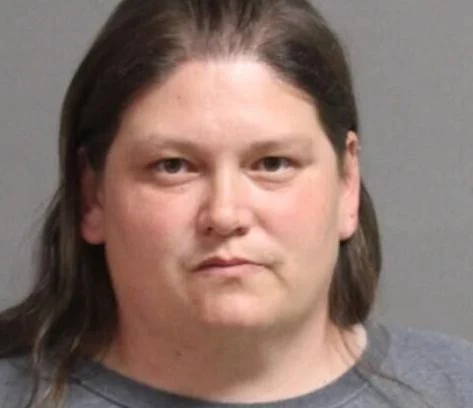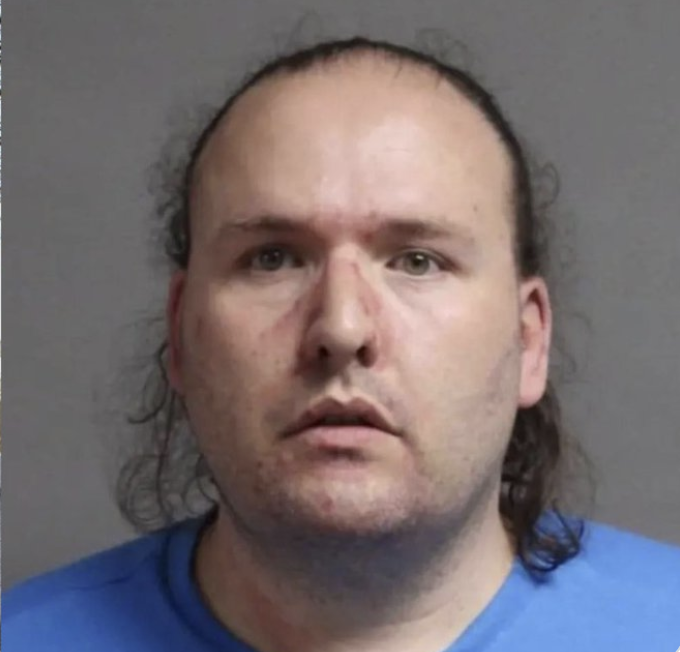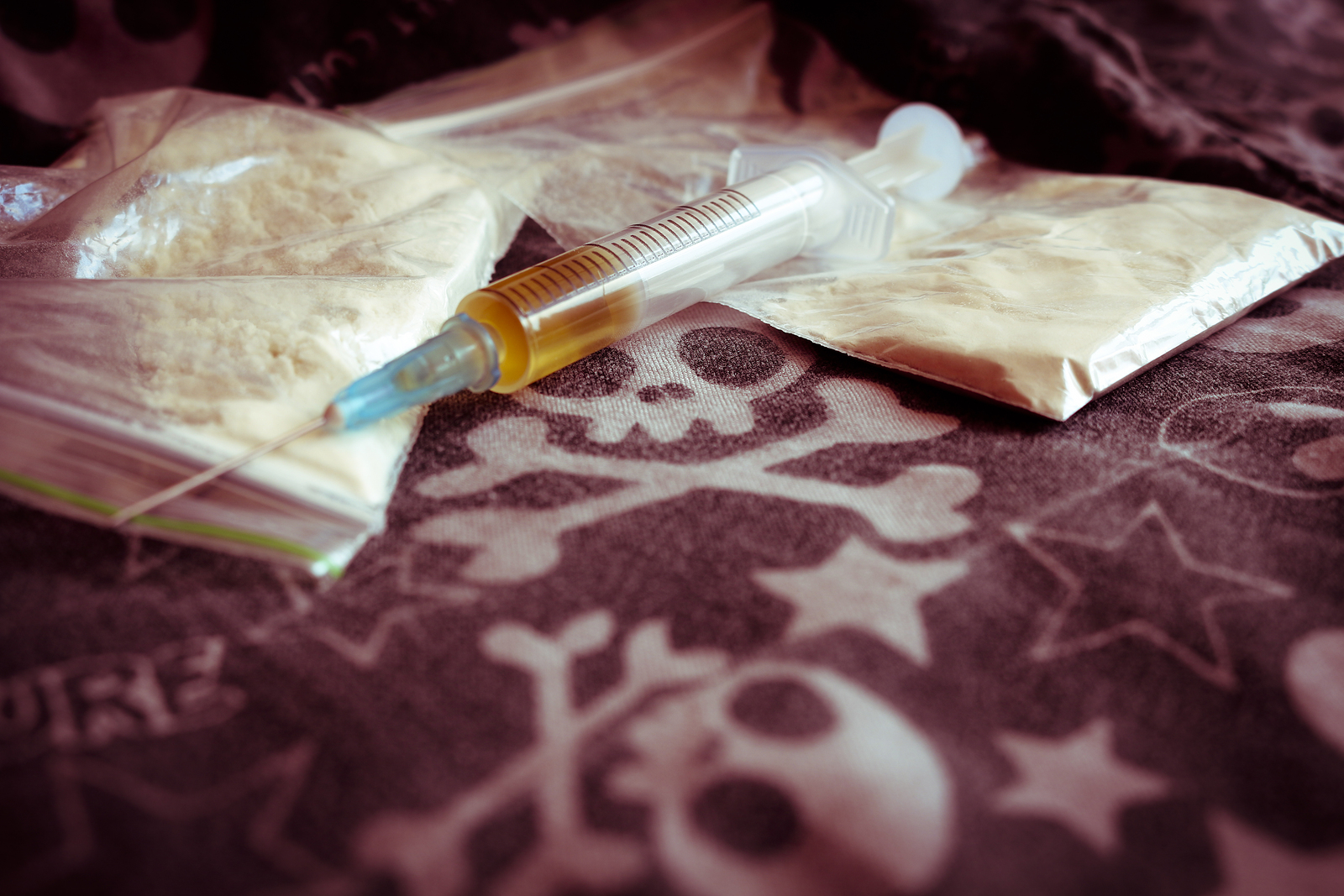Ex-Rep. Laughton’s Girlfriend Gets Competency Evaluation in Child Sex Case

The daycare employee accused of sending thousands of child sex abuse images to her romantic partner, former state Rep. Stacie Marie Laughton (D-Nashua), is getting a mental health evaluation.
Lindsay Groves, 39, of Hudson, was arrested in June 2023 and charged with federal crimes for allegedly taking sexually explicit photos of the children under her supervision in the Tyngsborough daycare where she worked. Groves allegedly sent those images to Laughton as part of their disturbing sex life.
According to court records, U.S. District Court Judge Donald Cabell last week ordered Groves to be removed from her current jail cell by U.S. Marshalls and brought to a facility where she will undergo a mental health evaluation to determine if she is able to even stand trial.
“I find there is reasonable cause to believe that [Groves] may presently be suffering from a mental disease or defect rendering her mentally incompetent within the meaning of [the law],” Cabell wrote.
Groves has been arguing for months she is not mentally competent to stand trial, according to court records, though many of those records are sealed. Cabell’s Aug. 9 order does not give details as to why he finds it reasonable she might be mentally ill.
 Both Groves and Laughton are being held without bail pending a trial in the United States District Court in Boston. The last known location the two were being held pretrial was the Valley Street Jail in Manchester. Representatives with the U.S. Attorney’s Office in Boston declined to confirm their present location. At this point, Laughton has not tried to raise the issue of competency.
Both Groves and Laughton are being held without bail pending a trial in the United States District Court in Boston. The last known location the two were being held pretrial was the Valley Street Jail in Manchester. Representatives with the U.S. Attorney’s Office in Boston declined to confirm their present location. At this point, Laughton has not tried to raise the issue of competency.
Prosecutors are under court order to get Groves to an appropriate faculty so the evaluation can be done within the next month by a psychiatrist or psychologist. Then, whoever examines Groves must present a report to Cabell detailing her mental health history, any current diagnosis, and an expert opinion on if Groves is competent to stand trial.
The pair were arrested separately last summer after Laughton started showing other people the images Groves was sending, according to court records. Soon after, Nashua Police began investigating the couple.
Laughton and Groves have a long-standing, volatile relationship. In 2022, Laughton was charged with harassing Groves and her family, which cost Laughton a seat in the state legislature. Laughton was arrested in November of that year for stalking Groves shortly after winning reelection to the House. Laughton was jailed for weeks until the House Democratic Caucus finally forced a resignation.
During the investigation of the stalking case, it was revealed that Laughton had called the police to report Groves was abusing children at the daycare. The accusation was dismissed as part of the ongoing harassment at that time.
According to the federal case documents, Laughton and Groves were reconciled after the stalking case was resolved without a jail sentence. Groves started sending the disturbing photos to Laughton, and the two had explicit conversations via text about the images and their own sexual desires.
Laughton and Grove discussed raping the children at the daycare facility. In one chilling exchange, they strategized about how to get away with the horrific crime. Laughton maintained there was nothing wrong with sexually abusing children:
GROVES: “You mentioned how I said I was afraid that the kids will run to the parents if we do it with them I wasn’t being serious.”
LAUGHTON: “OK because like I get concerned about that cause I don’t wanna get caught if we do.”
GROVES: “I was joking anyway and you took me serious.”
LAUGHTON: “Oh I know but I just don’t wanna get in trouble. I mean I want to do what we want to do because we like it and we approve of it but others think this is wrong. Lots of parents don’t like people touching their kids and it is against the law …”
In another exchange, Laughton appears to admit having raped a child with Groves
“I was asking because I know we’ve had some back-and-forth, and I know we initially said we do nothing with kids ever again, and you said you were afraid that if we had kids if they would go back and tell the parents the same with the kids you work with,” Laughton texted to Groves.
Laughton, born Barry Laughton, is a biological male who identifies as female. Laughton became New Hampshire’s first transgender elected official in 2012, and the first transgender elected official to be forced to resign.
Laughton was forced out weeks after the 2012 election after it was learned he was still on probation on a felony theft charge. Laughton has also been charged with stalking and making bomb threats. None of that prevented New Hampshire state Democratic Party chair Ray Buckley from praising Laughton as part of “the backbone of the Granite State” in 2022.
Laughton was married for many years to Lisa Laughton, the alleged co-conspirator in a 2008 fraud case that resulted in the felony conviction that temporarily derailed Laughton’s political career. Laughton has also conducted a long-term sexual relationship with Groves. Both Groves and Lisa Laughton are biological women.
And, Hillsborough County officials confirm, Laughton is being housed with the jail’s male population.




